The creators behind the documentaries invited to the popular non-competitive section journey beyond country borders or settle on its outskirts, escaping temporality and delving into archives to retell the stories of people who have made history. Seven excellent Polish productions and co-productions have been included in this year’s edition of the Polish documentary panorama.
Beyond Borders
The Polish Documentary Panorama does not merely explore our own backyard. Polish creators eagerly travel the world to bring stories that seem distant only at first glance, yet reveal their universality upon closer examination.
Edyta Wróblewska, the director of When Harmattan Blows, takes us all the way to Ghana. Barbara, 25, resides in Accra. At the age of eight, she shared the fate of thousands of Ghanaian children forced into slave labour by their own parents. For years, her world was rife with abuse, violence, and fear. Despite her anger, she supports her parents financially, but their expectations continue to grow. She returns to their hometown together with her brother to find a solution. Before that happens, Barbara must make a final confrontation with her parents.
The next two titles tell stories of our neighbours. Heading south, we follow the duo of directors Justyna Gawełko and Tomer Slutzky. Jews by Choice recounts the story of a synagogue in Krnov. Before the war, this Czech town was home to a Jewish community of 450 people, but none of them remained after the war. Decades later, the town was struck by another catastrophe – the flood of the century. The Jewish temple was among the damaged buildings. In order to prevent further damage, a group of residents decided to restore it to its former glory, or perhaps even to initiate a new Jewish community in the town
In the Polish-Ukrainian Flowers of Ukraine, director Adelina Borets selects the spirited 67-year-old Natalia as her protagonist. Natalia owns a charming plot of land located right in the middle of a housing estate in Kiyv. It’s a high-value target for real estate developers, with whom she has been struggling for a long time. She isn’t interested in the millions on offer but remains steadfast in defending her small homeland. And when the larger homeland is attacked by Russia, her resistance grows even stronger. Natalia’s personal struggle becomes a beautiful metaphor for the efforts of an entire nation.
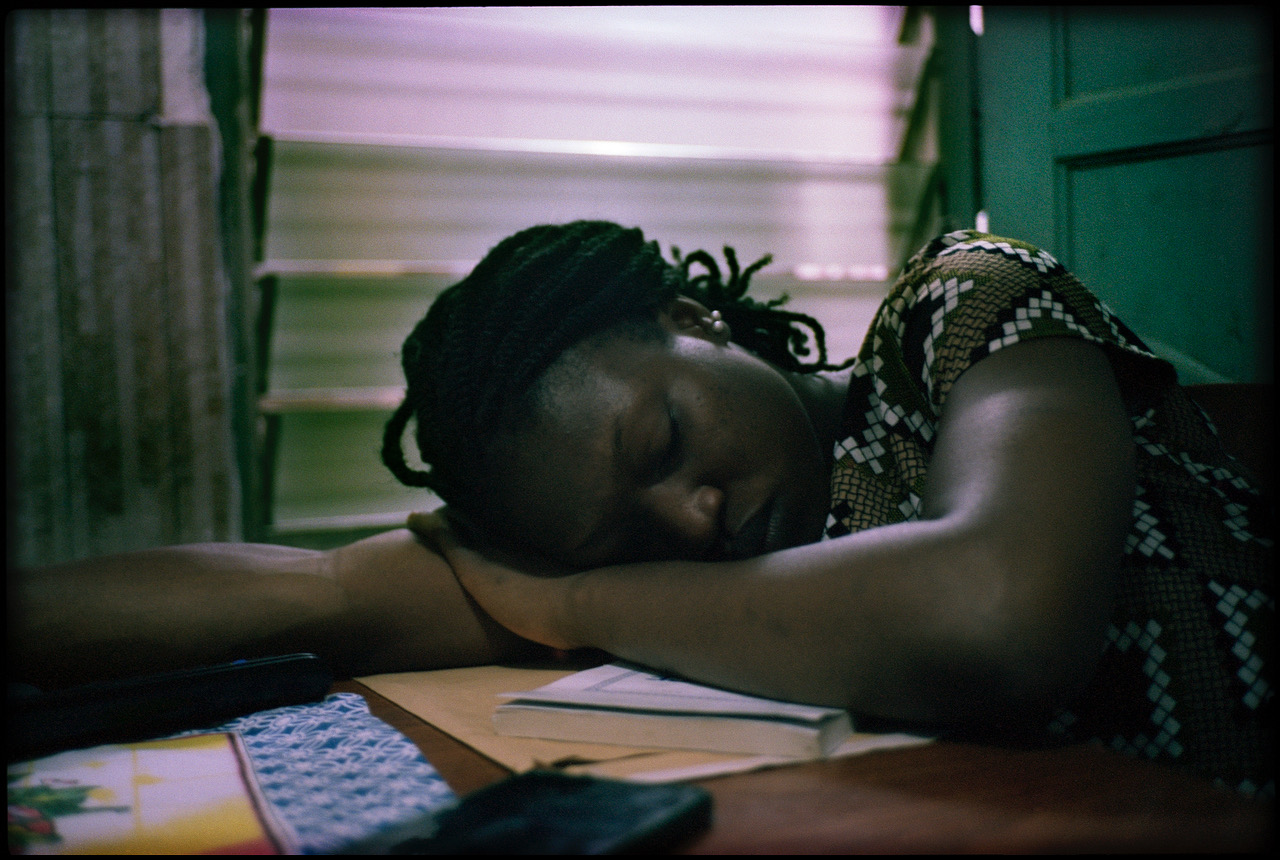
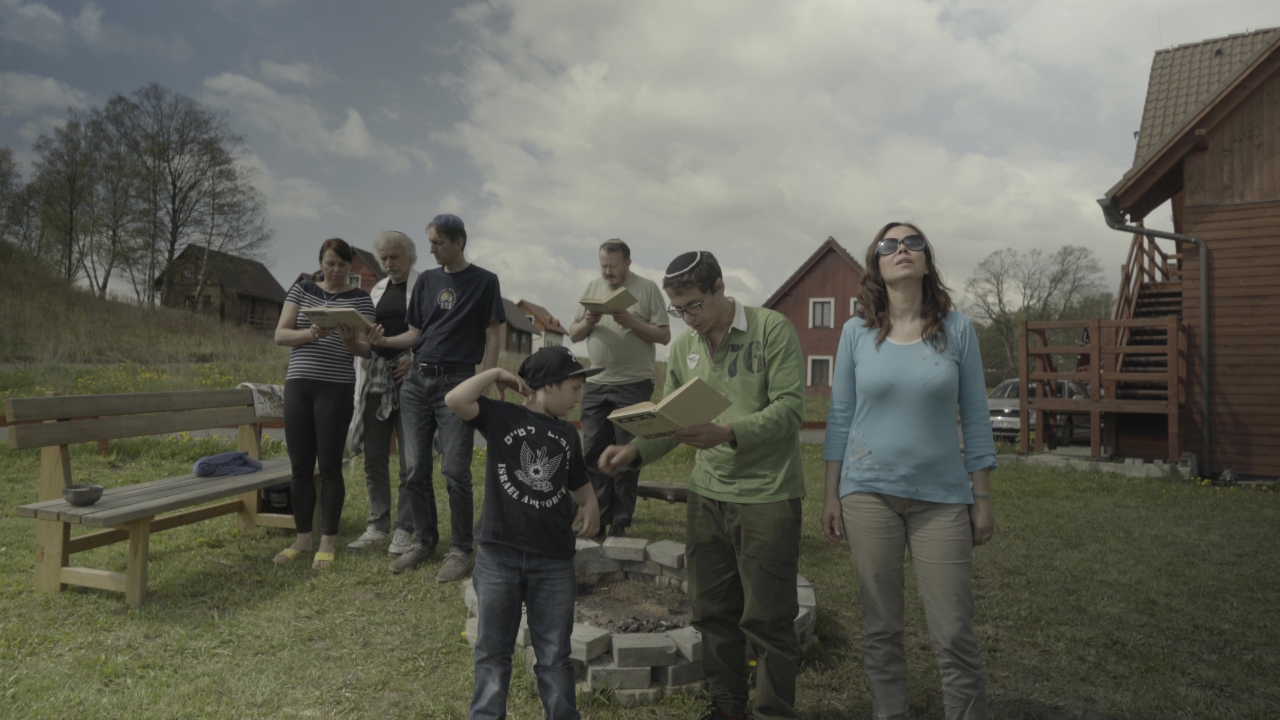
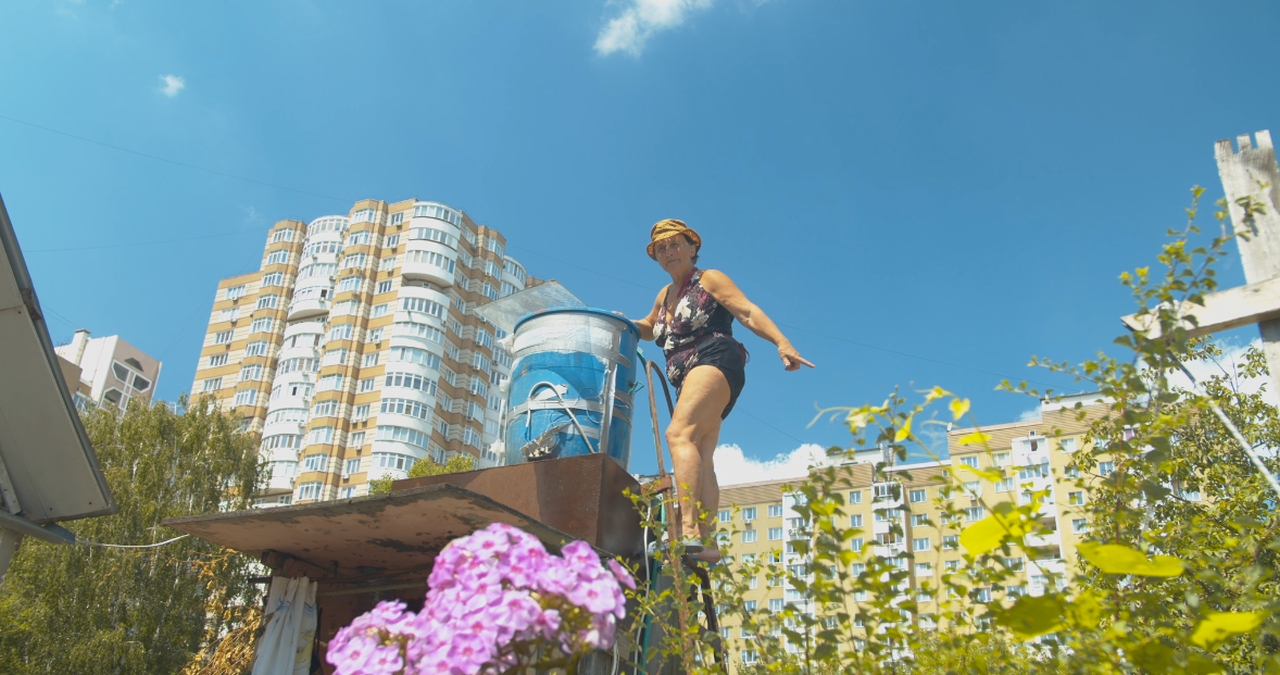
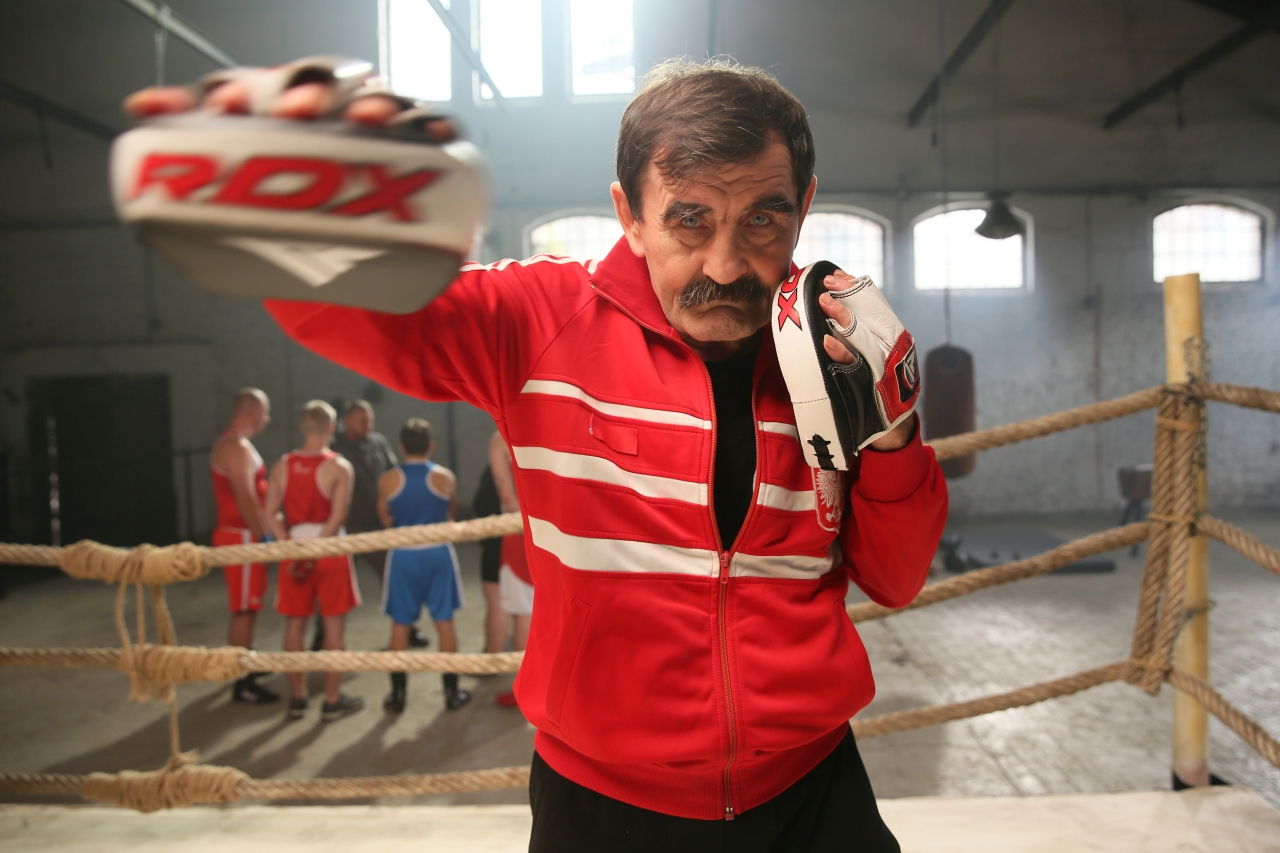
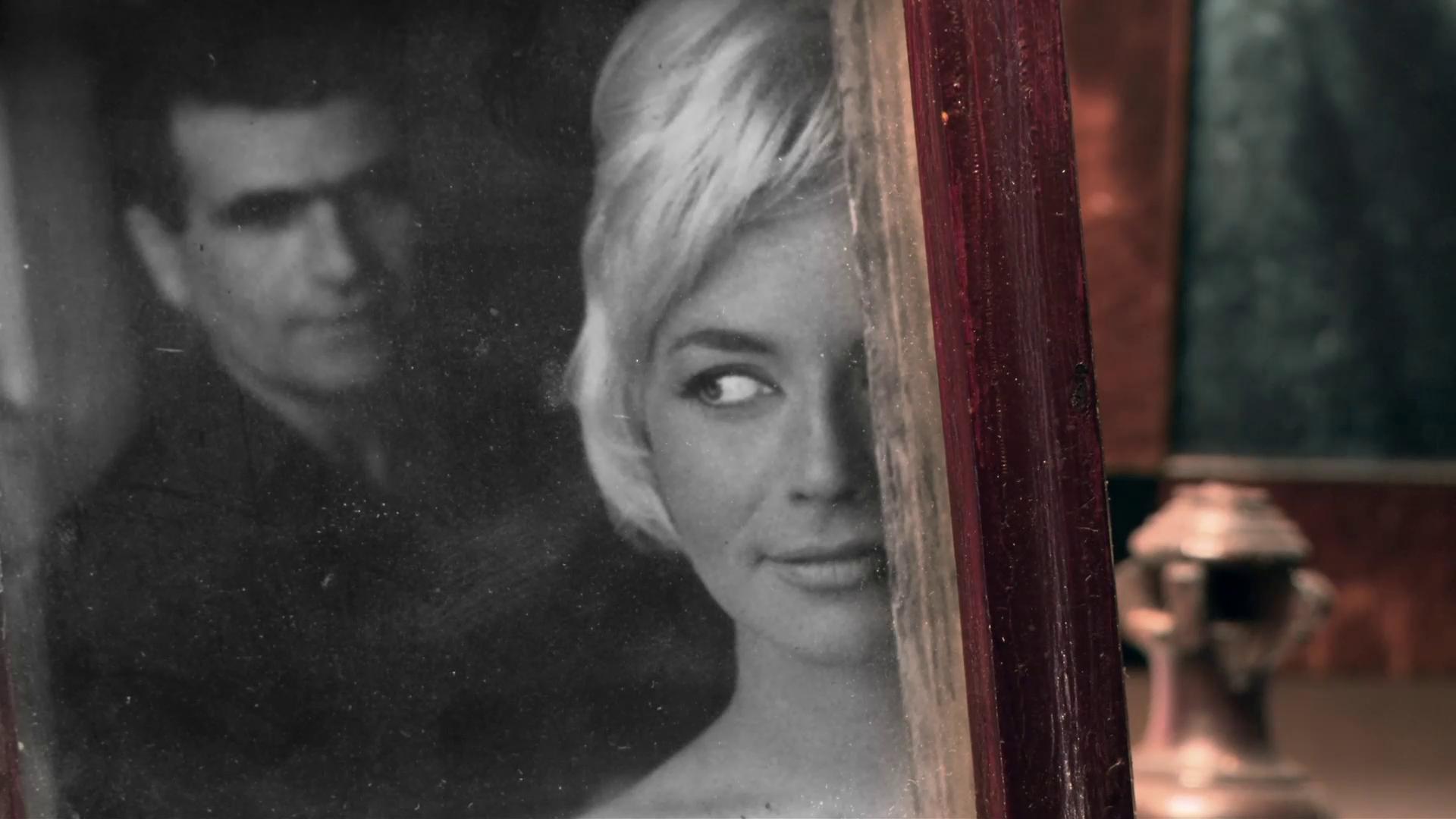
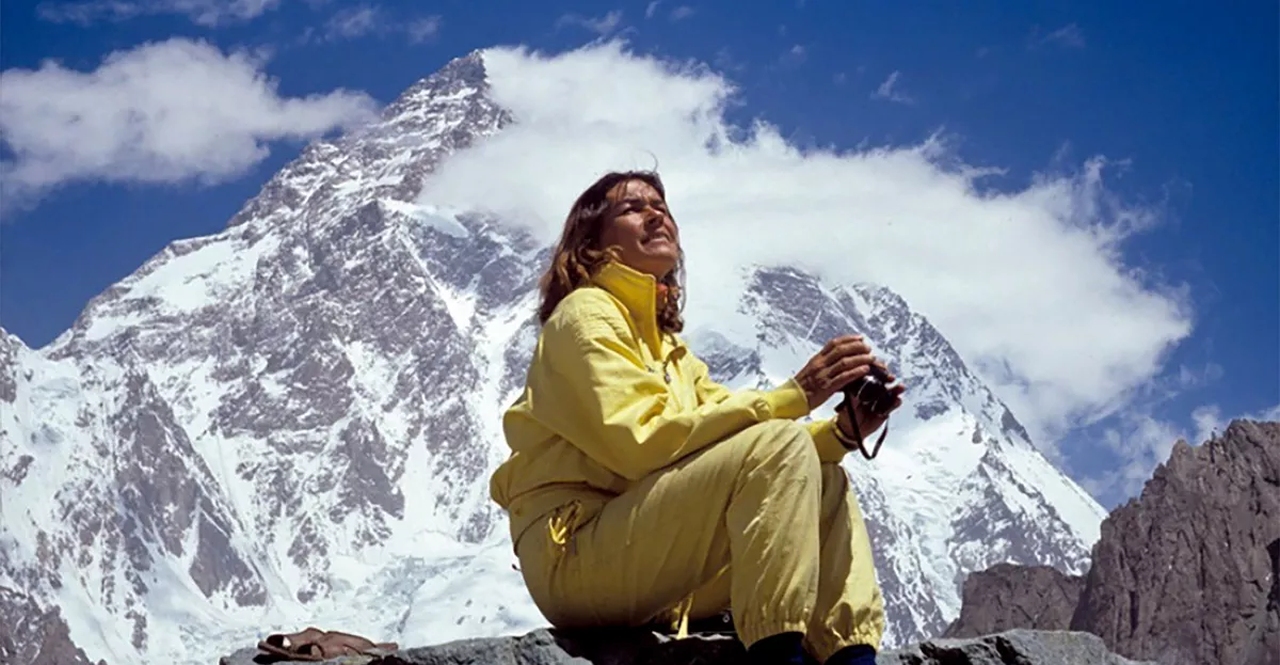
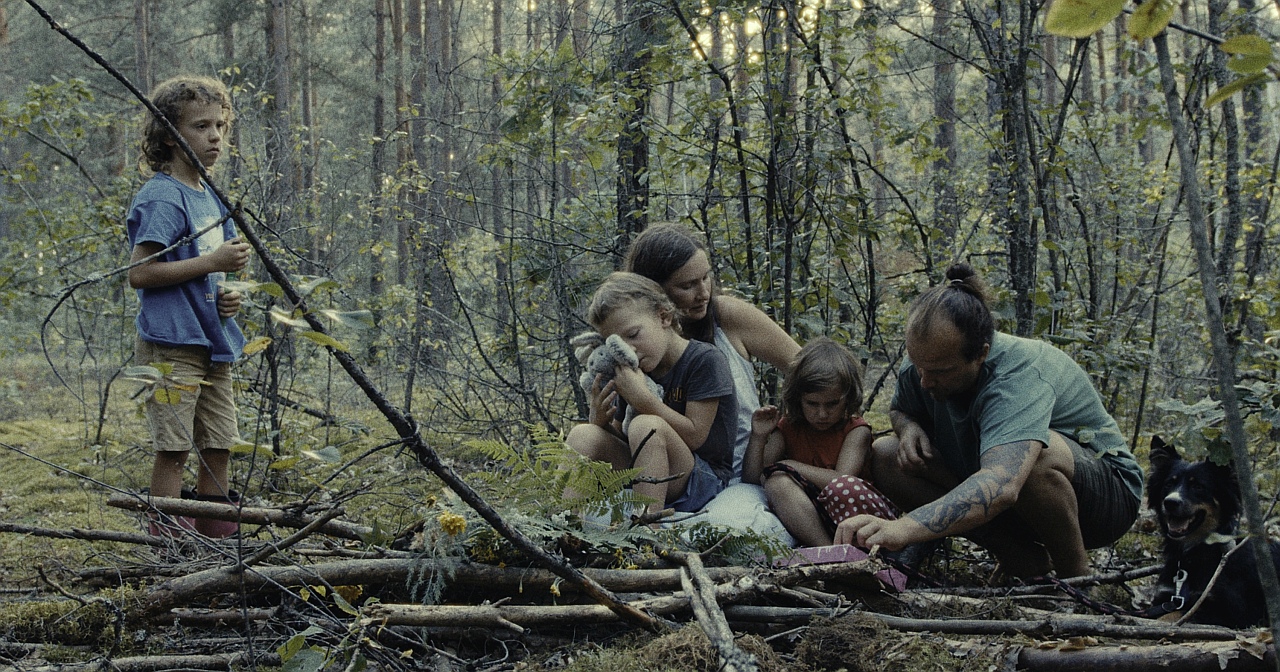
In Poland
The theme of fighting, albeit a past one but with a similar foe, can be found in Marek Jagielski’s film. The documentary 1953: Fight for Hope tells the story of Poland’s first post-war world championships in boxing – a universally loved sport at the time. In ruined Warsaw, the legendary coach Feliks Stamm must rebuild the Polish boxing team to face the most powerful team in the world – the USSR. It’s a significant event both in terms of sports and politics. The most acclaimed boxers step up to fight under the Polish flag. The story of the memorable championship is told through the eyes of witnesses to those events, including journalist Tadeusz Olszański and actor Daniel Olbrychski.
The latter also appears in the biography of one of the most outstanding Polish filmmakers. Janusz Morgenstern, known to friends as Kuba. He came from a Jewish family and lost his entire family in the Holocaust. He directed films that have become a permanent part in the annals of Polish cinema: Goodbye, See You Tomorrow, To Kill This Love, Yellow Scarf, or Jovita with the aforementioned Daniel Olbrychski, as well as popular series such as More Than Life at Stake, Polish Roads, and Columbuses. Marcin Strauchold’s documentary Kuba is a portrait of Morgenstern woven from interviews, broadcasts, photographs, and his own films, which were giving him a chance to escape from the trauma he had experienced during the war.
At the Border
Two documentaries by well-known festival directors, Eliza Kubarska and Lidia Duda, are set in the suspended space between Poland and the Unknown. Eliza Kubarska delves into the past to tell the story of a pioneer of Himalayan mountaineering, Wanda Rutkiewicz, while Lidia Duda ventures to the eastern border to explore a family experiencing the theme of migration on a micro scale.
The Last Expedition is a gripping tale of the Polish Himalayan climber whose mysterious disappearance nearly 30 years ago serves as the starting point for a biopic about an extraordinary woman. The heroine’s audio diary found among a pile of archival materials serves as a clue to the search for Wanda Rutkiewicz. Private recordings allow us to get closer to a woman with incredibly interesting thoughts, open to the world, and deeply in love with the mountains. In addition to numerous archival recordings, the film features women close to Rutkiewicz – her sister Janina Fies and manager Marion Feik, as well as climbing companions Reinhold Messner, Krzysztof Wielicki, and Carlos Carsolio.
Asia and Marek, the protagonists of Forest, bought an old house near Poland’s eastern border, in the oldest forest in Europe. It’s their little paradise – a place for their children to grow up far away from the troubles of the modern world. However, one day, Others appear in their green enclave. Refugees, unwanted in Poland and Belarus. The family cannot imagine turning a blind eye to their uncertain fate. Although Polish law prohibits helping migrants, they decide to act. Especially since their decisions are being watched by their children who may start asking questions in a few years.
Polish Documentary Panorama:
- 1953. Fight for Hope, dir. Marek Jagielski, Poland, 75’, 2023
- Jews by Choice, dir. Justyna Gawełko, Tomer Slutzky, Poland, Israel, USA, 74’, 2024
- When Harmattan Blows, dir. Edyta Wróblewska, Poland, 82’, 2024
- Kuba, dir. Marcin Strauchold, Poland, 88’, 2023
- Flowers of Ukraine, dir. Adelina Borets, Poland, Ukraine, 70’, 2024
- Forest, dir. Lidia Duda, Poland, Czechia, 88’, 2024
- The Last Expedition, dir. Eliza Kubarska, Poland, Switzerland, Nepal, India, Italy, Austria, 80’, 2024
Passes for the 64th Krakow Film Festival are on sale now!
The Krakow Film Festival is on the exclusive list of qualifying events for the Oscars® in the categories of short film (live action, animated, documentary) and documentary feature, as well as a recommending event for the European Film Awards in the same categories.
The Kraków Film Festival is organised with the financial support of the Municipality of Kraków, the Ministry of Culture and National Heritage, the European Union’s Creative Europe program, the Lesser Poland Province, the Polish Film Institute. The festival is co-organised by the Polish Filmmakers Association.
The 64th Krakow Film Festival will be held in cinemas from 26 May to 2 June and online across Poland on the KFF VOD platform from 31 May to 16 June 2024.